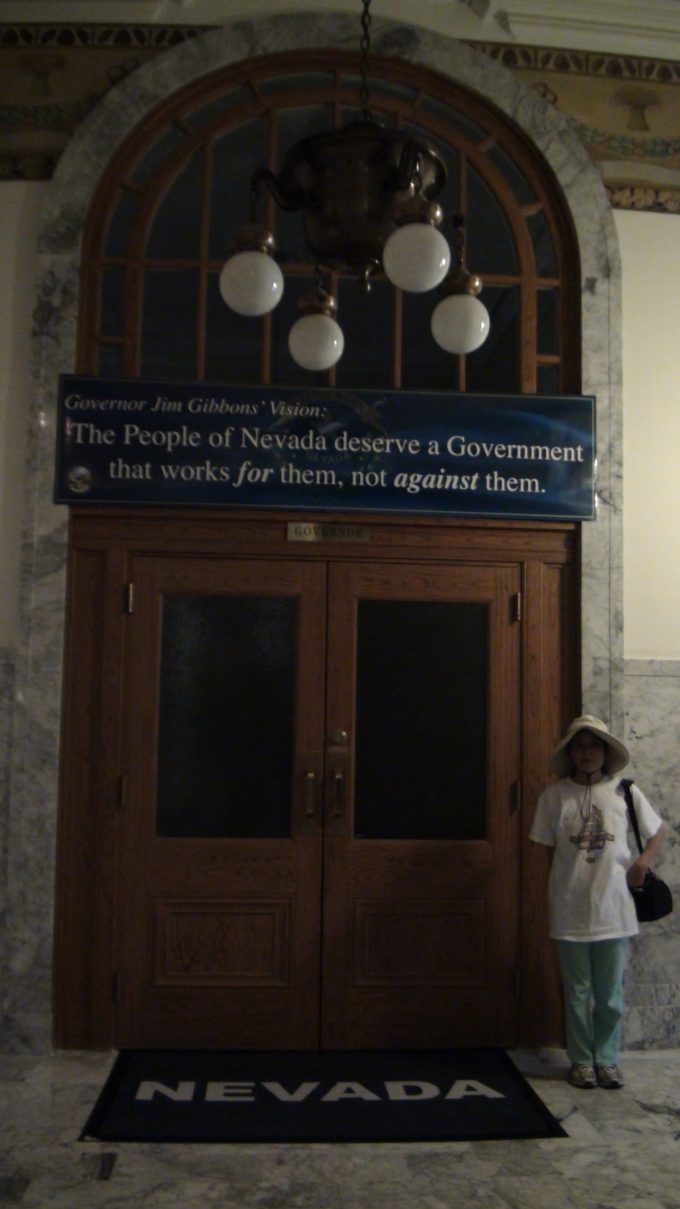
Thursday, 13 September 2018
Beware, brethren, lest there be in any of you an evil heart of unbelief in departing from the living God; Hebrews 3:12
The words of this verse now resume the “Therefore” of verse 3:7. Everything since then has been parenthetical – “Therefore…Beware, brethren…” Understanding this, the word “Beware” is given as a warning based on what came before the “Therefore.” In verse 3:6 it says, “whose house we are if we hold fast the confidence and the rejoicing of the hope firm to the end.” Now, as a warning concerning that, he warns his audience to beware, and then says, “brethren.” He is speaking to his Jewish audience who are in the same situation as were the Hebrews of old. It is they who were referred to in the examples provided from Psalm 95.
The principle of unbelief has been exactingly established. They saw the great and awesome works of God, and they still turned their heart from him in unbelief. The author knows the past, and he is warning so that the pattern will not be repeated in those he is writing to. However, he then says, “lest there be.” The words are in the indicative mood signifying that it is not merely possible that it could happen, but that there is a reason for thinking it will be so. If the past is a good judge of what will happen again, then it seems such will be the case.
From there he says, “in any of you.” In these words, he is not only appealing to the group, but also individually. There is the group who is to be watchful, but there is the need to look at each person within the group and ensure that they not fall into unbelief. If it appears this is the case, then they are to take the advice that will be provided in the coming verse. For now, the “any of you” is speaking of having “an evil heart of unbelief.”
One can see the words of verse 3:8 being repeated here. There it said, “Do not harden your hearts.” Now that is being repeated to the audience. In essence, he is saying, “lest there be in any of you – as will most likely be the case based on past experience – an evil heart of unbelief.” And why would he assume that? It is because of what followed in verse 3:10, “They always go astray in their heart.” Instead of accepting that God is in control, relying on His provision, and remaining faithful, they departed from him. Their hearts were evil, and they lacked faith that He would, in fact, fulfill His words to them.
In their unbelief, their heart was considered evil because it led them to depart “from the living God.” The living God is now set apart from all other gods which are mere lifeless idols. He is alive, and thus He is aware. As He is aware, He knows of the needs of His people, and He will provide according to the promises He has made to them. Not one of them shall fail. However, if their heart is one of unbelief, as the living God, He is not unaware of their turning. In such a case, He will bring judgment on them, just as He has done in the past.
What needs to now be understood is that “the living God” is being equated to “Christ as a Son over His own house” of verse 3:6. The turning away from the Lord in the Old Covenant is equated to turning away from Christ in the New. To do this is to leave oneself exposed to the same wrath of God that befell those who tested and tried the Lord in the past.
Again, it needs to be considered what is being spoken of concerning God’s rest. Moses was not allowed to enter Canaan because of the sin of unbelief in striking instead of speaking to the rock. And yet we know that Moses is a saved person. The “rest” then was something that was anticipated in Canaan, and it is based on Creation (God rested on the seventh day). This needs to be remembered to understand what is coming in the verses ahead, especially as the author moves into the next chapter.
Life application: Faith is what God looks for in His faithless creatures. He asks His people to believe His promises, and to hold fast to them. We cannot expect anything beyond what He has promised though. For example, God has promised His people heaven where all things will be made new, including no more pain. But this is not heaven. We cannot expect to live in this current life free of pain. Our faith is to look forward to the promises while enduring the present which may be lacking what is only to be realized in the future.
Heavenly Father, help us not to question Your goodness as we face pains, tears, and loss. You have promised a day ahead when such things will be behind us. But that day is not yet here. Until then, we will experience all kinds of temptations and trials. And so help us to look in faith to that more perfect time, and to endure this current life without losing heart in Your sure promises. They will come to pass. Until then, help us to remain strong in our faith. Amen.
